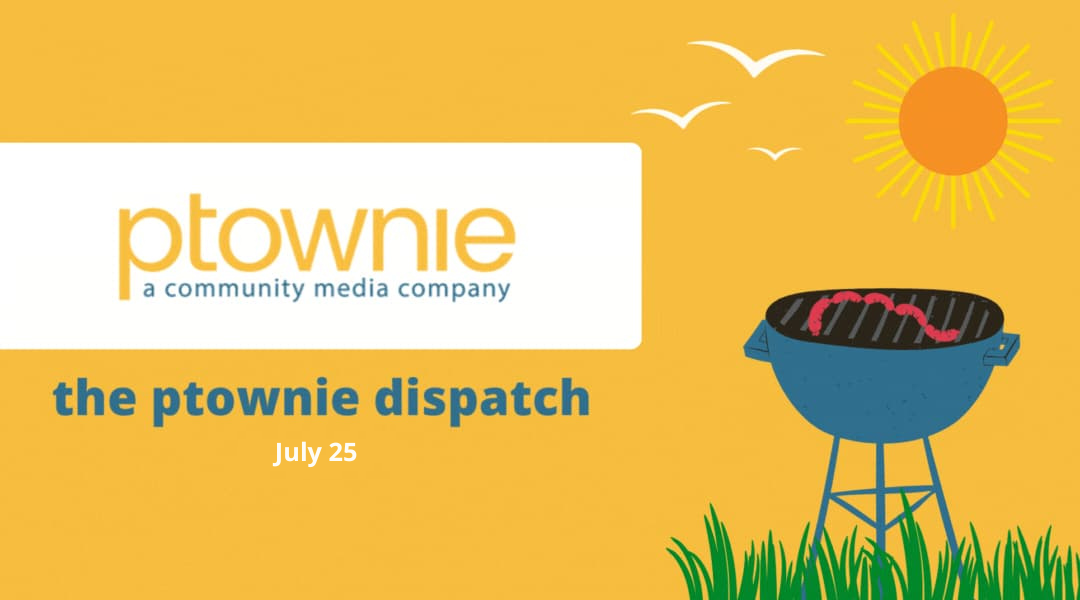
More Recent Provincetown News

Explore Provincetown’s vibrant scene with Drag Shows, Accommodations, Restaurants, Art Galleries and the daily ptownie Calendar. Immerse yourself in performances, diverse lodging, culinary delights, and events that define this iconic destination. John...

Fifty years is a long time to stay edgy, but there’s nothing stodgy about Provincetown Theater’s new production of The Rocky Horror Show; in fact, it feels as fresh and absurdly funny—and possibly even more fun—as the first time any of us saw it. For...
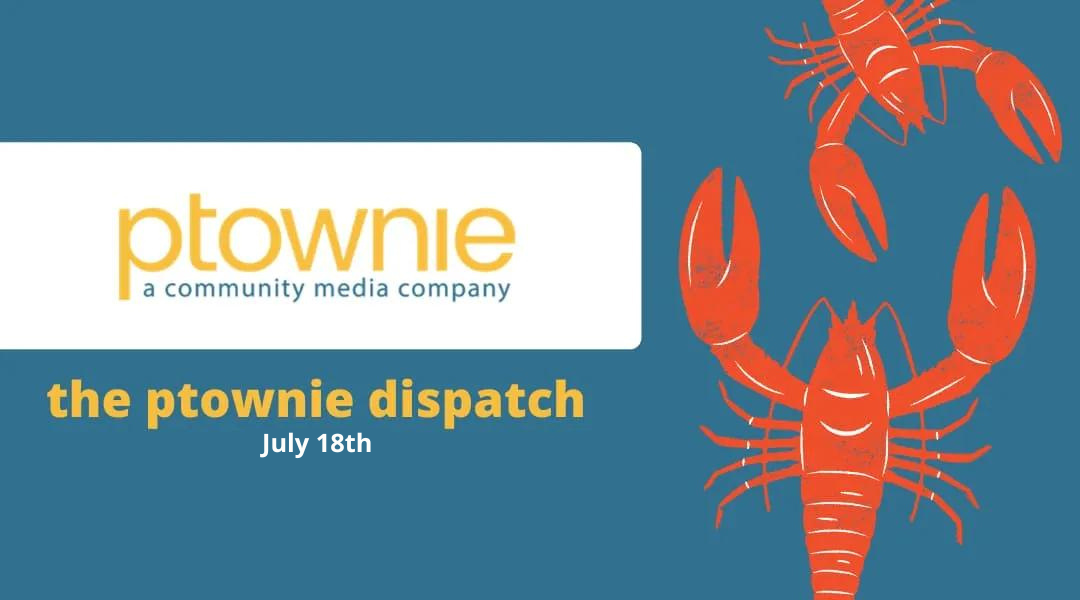
Explore Provincetown’s vibrant scene with Drag Shows, Accommodations, Restaurants, Art Galleries and the daily ptownie Calendar. Immerse yourself in performances, diverse lodging, culinary delights, and events that define this iconic destination. The...

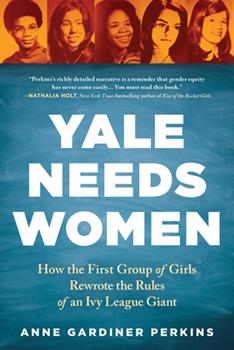
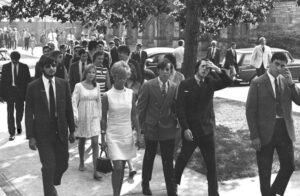
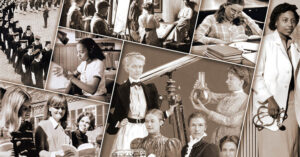
 Accommodations
Accommodations  Art
Art  Bars
Bars  Books
Books  Entertainment
Entertainment  Events
Events  Featured
Featured  Guides
Guides  History
History  Literary stuff
Literary stuff  Most Popular
Most Popular  Provincetown News
Provincetown News  Restaurants
Restaurants  Reviews
Reviews  Shopping
Shopping  Theatre
Theatre  Uncategorized
Uncategorized  Weed
Weed